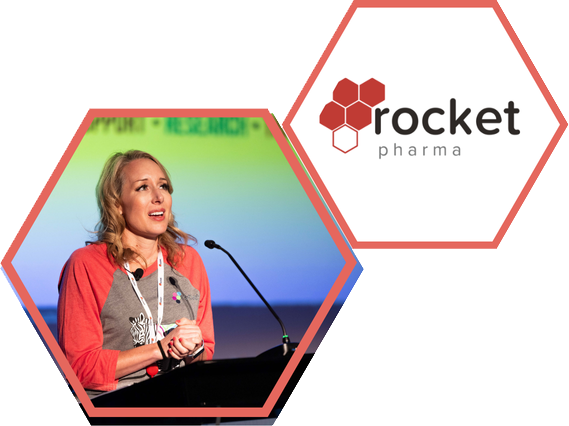Patients & Caregivers:
Dilated Cardiomyopathy (DCM) Resources

Dilated cardiomyopathy, DCM, is the most common form of cardiomyopathy or heart failure and is characterized by progressive thinning of the walls of the heart resulting in enlarged heart chambers that are unable to pump blood. Mutations in the BAG3 gene are among the more common mutations observed in DCM, otherwise known as BAG3-associated DCM (BAG3-DCM).
The BAG3 protein is expressed predominantly in the heart, where it plays a role in multiple key cellular functions of the heart. Loss of BAG3 leads to an accumulation of misfolded and damaged proteins, which can impair the heart’s ability to contract, leading to impaired cardiac function, heart failure, and even premature death.
Patients living with BAG3-DCM have an urgent unmet medical need, as current medical and interventional therapies (including implantable cardioverter defibrillator [ICD], pacemakers, and heart transplant) do not consistently prevent disease progression, are associated with significant morbidity including inappropriate ICD shocks and device, procedure, and transplant-related complications, and do not address the underlying pathophysiology or genetic mutation.
